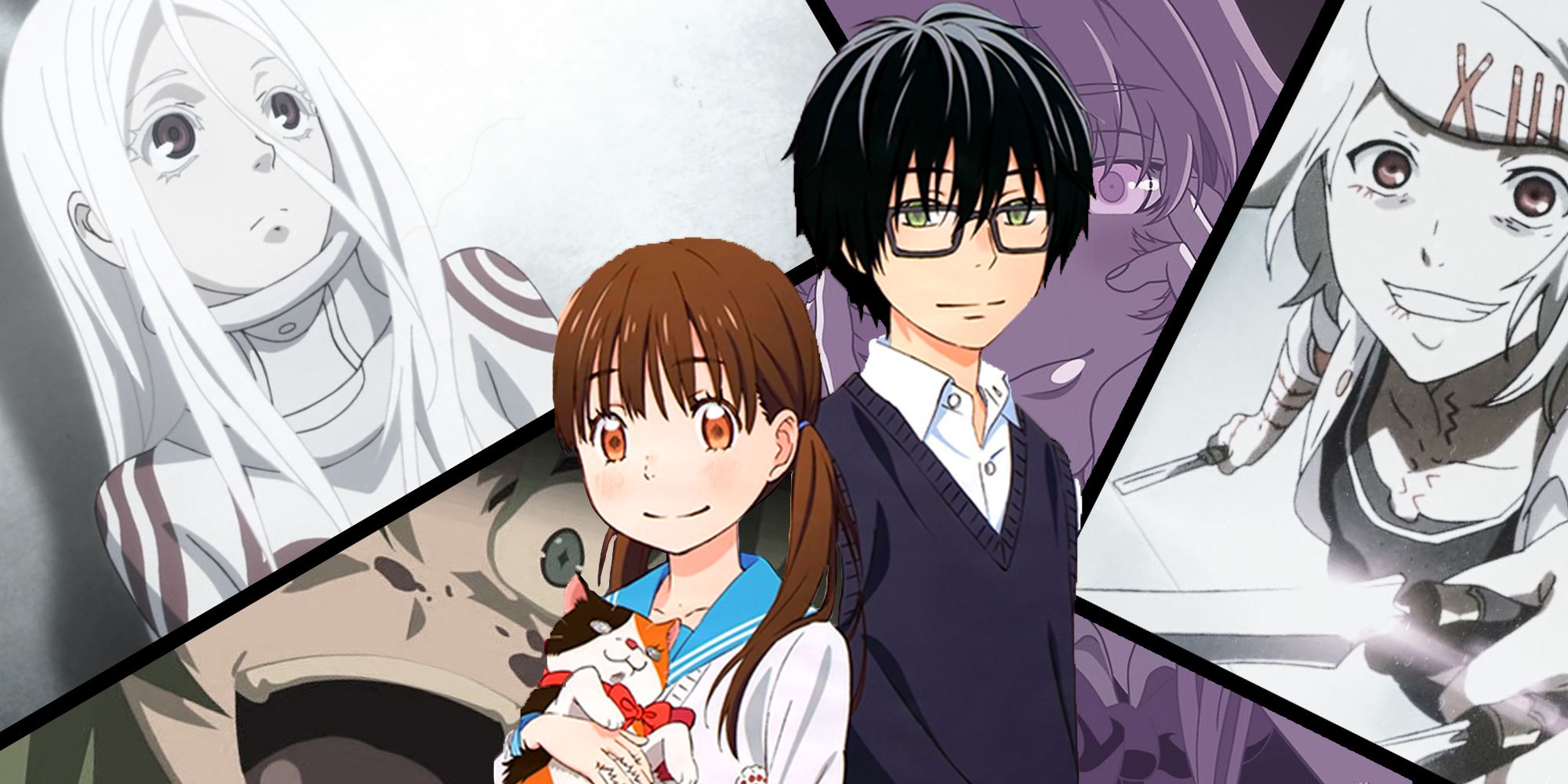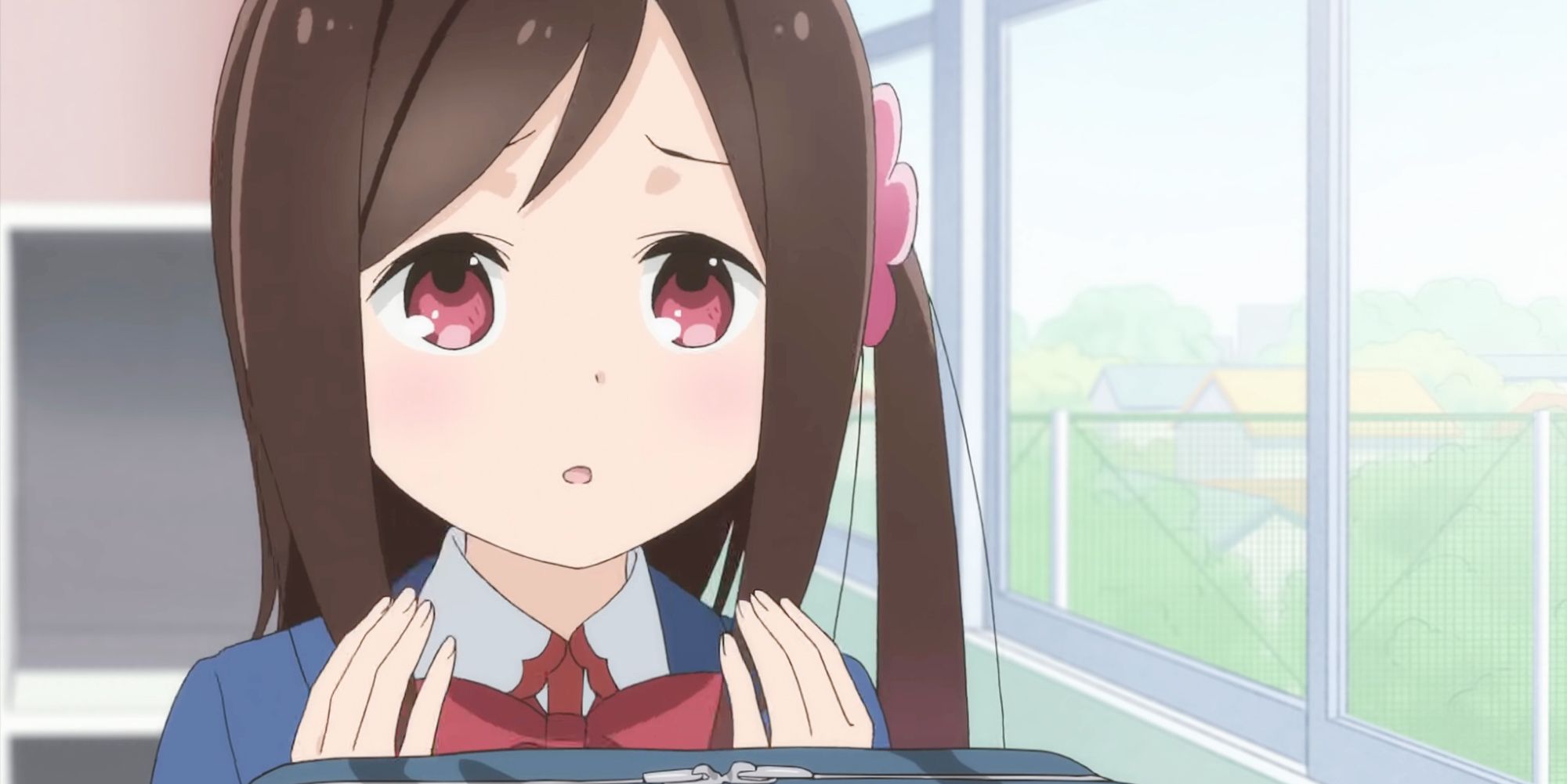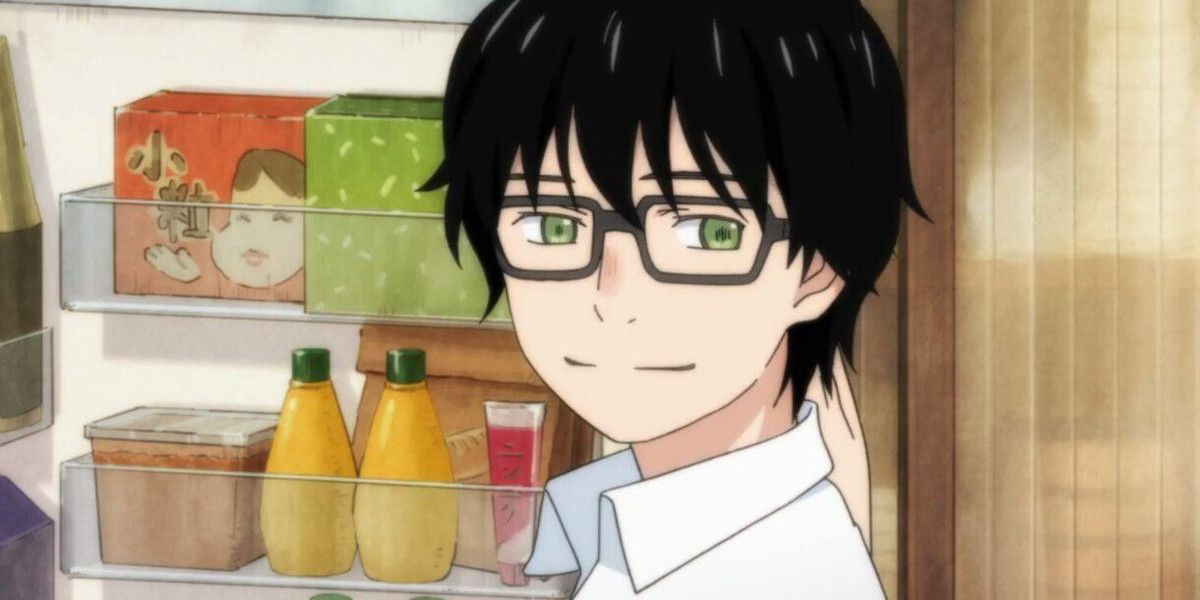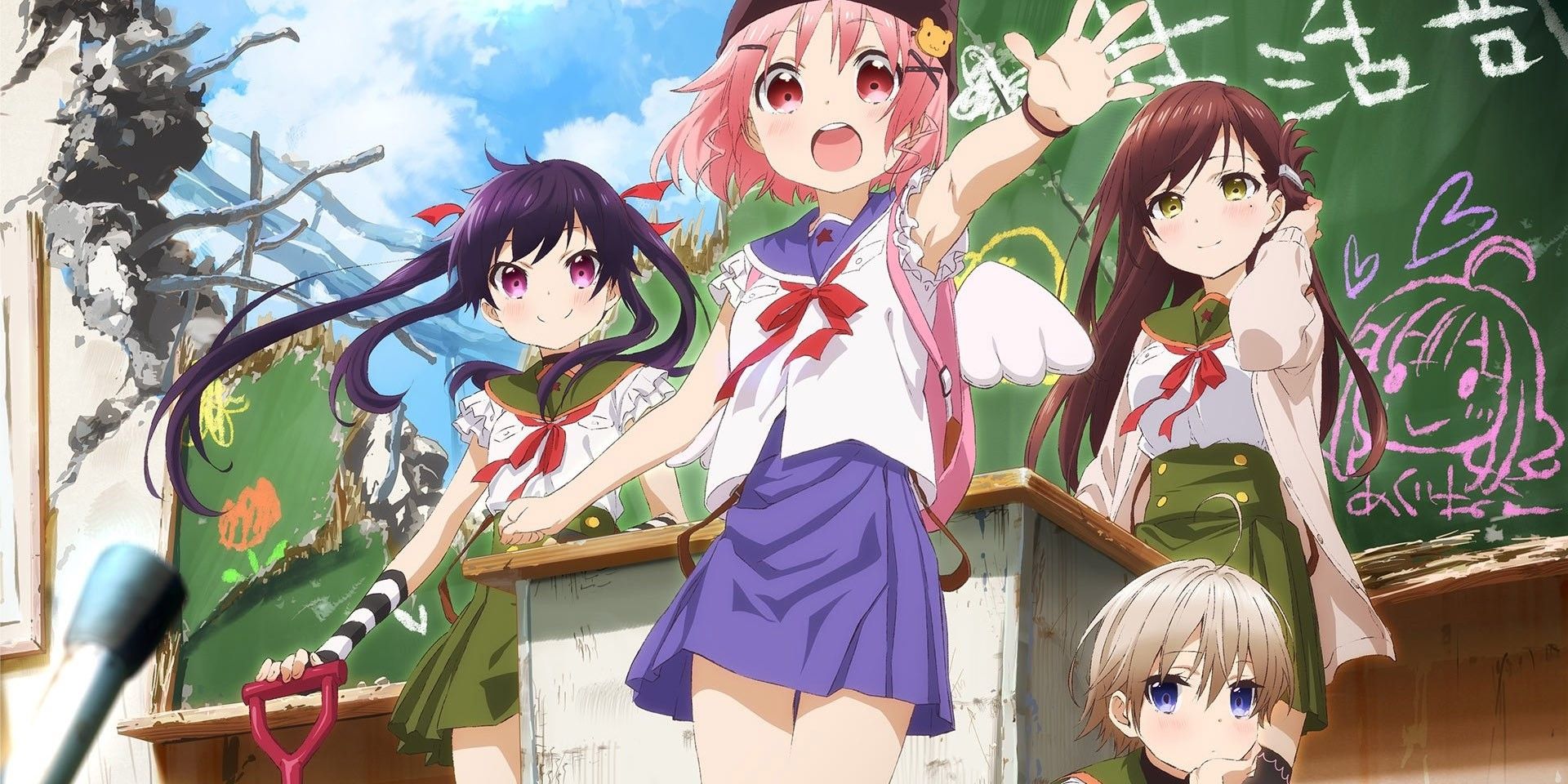
From Tokyo Ghoul to Fullmetal Alchemist, Elfen Lied to Higurashi: When They Cry, anime is full of crazy characters. However, just what does the portrayal of these 'crazy' characters mean to representations of mental illness? The history of anime and mental illness is a long one, and not always pretty.
Mental illness has been explored with varying degrees of success and dismal failure over the years, but some shows have recently portrayed it in a more realistic and positive way. With the momentum changing behind mental illness in anime, it's time to take a look at what representation can be and how it would change things for the better.

Anime's portrayal of mental illness can be explored in several different ways, including the distinction between more commonly portrayed illnesses and more stigmatized ones. The first category includes depression and anxiety, particularly social anxiety. Themes of anxiety and depression go back to classics such as Neon Genesis Evangelion and have continued in shows such as Barakamon and My Roommate Is a Cat. Depression and anxiety are mental illnesses on the rise, making them relatable to a large chunk of an anime's audience, which may explain the number of characters with social anxiety. The second category of more stigmatized illnesses, however, is less common and is generally reserved for villains or 'crazy' characters.
Here is where the second distinction kicks in -- how the mental illness is portrayed. Anxiety and depression may simply be a part of the character that compels them to act a certain way within the larger framework of a story, such as in Yuri!!! on Ice where the protagonist suffers fits of anxiety that don't alter the main plot. Alternatively, the mental illness may actually be a plot point, such as in Hitori Bochi's 00 Lifestyle, where the entire show revolves around the main character conquering her social anxiety.
Finally, there is the severity of the mental illness -- this is where the most problematic themes make themselves known. Social anxiety is a good example of a mental illness that is portrayed in varying degrees of severity. Sometimes the social anxiety is a character trait, portraying the character to act in amusing and sometimes relatable ways but ultimately not causing excessive drama. However, some shows feature characters with far worse cases of social anxiety, which can be damaging when this gets played down, such as in the 2006 anime Welcome to the NHK. When the illness is that severe, the only action ought to be seeking professional help. While Japanese society generally encourages taking care of mental illness within the family, some cases are too extreme not to seek medical attention.
This leads to those stigmatized mental illnesses that are severe enough to rarely be displayed in media, and when they are, the portrayal can be questionable. Sometimes a character will show all the signs of having a mental illness -- such as autism or ADHD -- but it is never the subject of conversation and they merely exist as an offensive stereotype, like Death the Kid's OCD compulsions in Soul Eater. Other times, often in villains, a diagnosis such as 'bipolar' or 'schizophrenic' will be thrown out to explain their actions. Many characters with violent behaviors are said to just suffer from trauma, like in Deadman Wonderland. While trauma is quite serious and does lead to behavioral issues, using it as a blanket cause for 'crazy' behavior denies the fact most mental illnesses are based on genetics.

However, there have been strides forward in past years when it comes to the portrayal of mental illness in anime. March Comes In Like a Lion features Rei Kiriyama who shows signs of severe depression and anxiety, such as an off-track sleep and eat cycle and disinclination to take care of himself. The way he is helped by various people around him shows tangible results in him beginning to prevent his most self-destructive habits. Rei's mental illness is more at the forefront of the show, making his strides to improve his life a true victory. Horimiya also features a character, Izumi Miyamura, with severe social anxiety who has self-harmed in the past. What is refreshing about this portrayal is that Izumi's illness is not 'fixed' by love, but rather supported by gaining positive influences in his life. He still struggles with depressive episodes and may continue to do so all his life, because sometimes depression can loosen its hold without letting go completely, and that's alright.
A realistic portrayal of the cause of mental illness in 2021's To Your Eternity is refreshing. Pioran's slide into dementia is painful to watch, but a true depiction of someone suffering from the illness. From her bouts of lucidity to fits of paranoia and anger, Pioran's dementia is very similar to real-world experiences and is shown to happen naturally due to her old age. Yuki Takeya from School-Live! is the rare example of a main character with a major mental illness. Though that illness has not been officially diagnosed, Yuki enters states of disassociation that are likely brought on by a dissociative disorder or PTSD, so trauma actually makes sense as a root cause. Yuki is proof that stories can be about people with major mental illnesses and have that illness simply be a piece of them -- or even add to the story.

Although strides have been made over the years, there is still much that can be improved when it comes to mental illness in anime. Mental illness can be relatable -- meaning everything from social anxiety to schizophrenia. Someone out there is watching who can relate, so there is no reason a character with PTSD or autism or bipolar disorder couldn't be the protagonist of a series. Doing so could potentially help with a lot of stigma behind mental illness. It would be up to the story whether the mental illness would matter more to the character and plot, or whether they would simply be shown taking their medications before heading out.
The more anime characters with mental illnesses are portrayed, the more they become accepted. Representation in media can be the start of real social change, and it's time for mental illness to stop being something to be ashamed of.
0 Comments